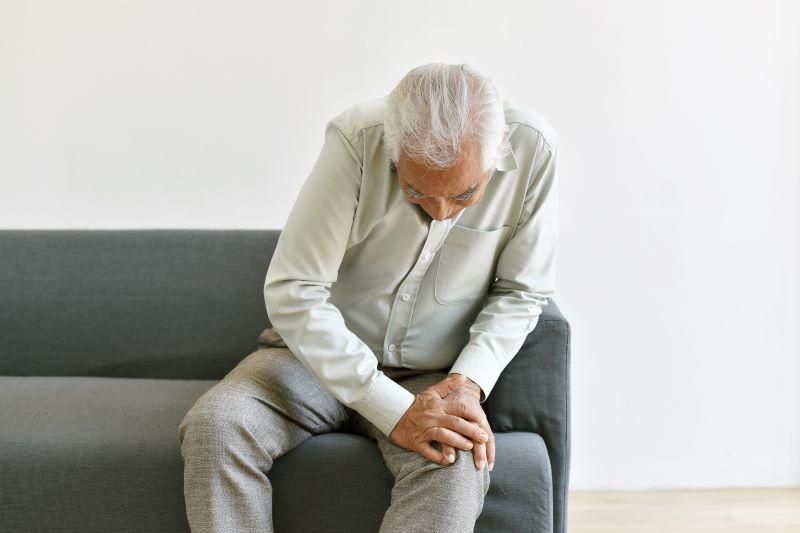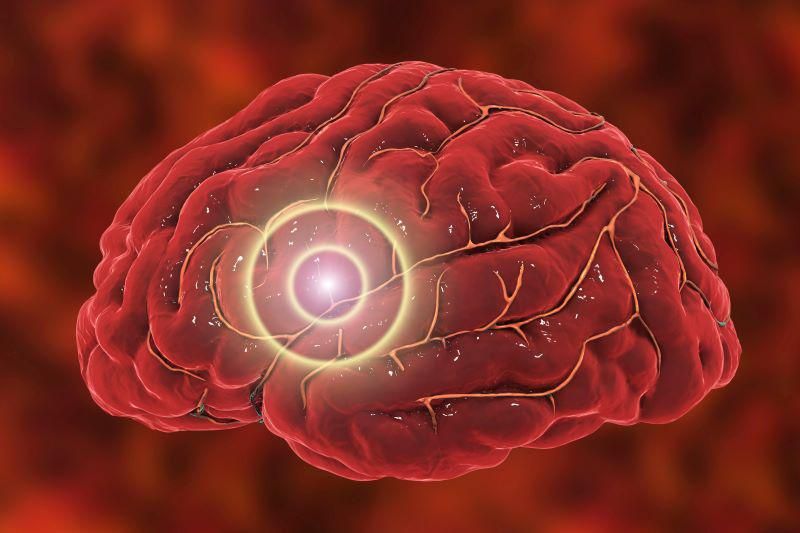
It might seem like your toddler or preschooler has a nose that is always runny, but experts say that’s normal. “Children under 6 years of age average six to eight colds per year, with symptoms lasting an average of 14 days,” said Dr. Maria Mejia, an associate professor of family and community medicine at Baylor… read on > read on >






























